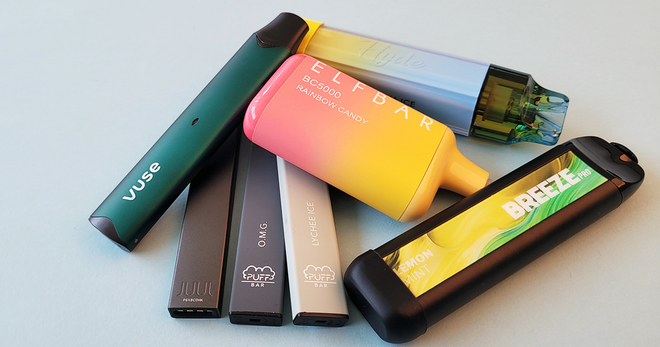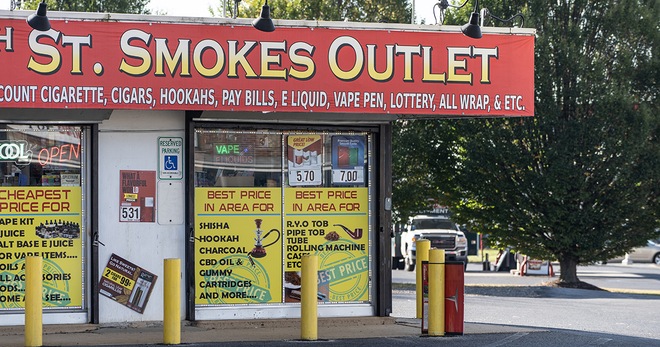New report: Tobacco industry-funded group obscures its ties to infiltrate scientific journals
Researchers affiliated with the Foundation for a Smoke Free World – an organization funded entirely by tobacco company Philip Morris International – and its staff members failed to disclose tobacco industry links and relied on confusion about the organization to leverage tobacco industry research for publication in reputable scientific journals, according to research published in Tobacco Control. In addition to Big Tobacco’s obfuscation, research journals fail to apply existing conflict of interest policies on tobacco industry-funded research, underscoring the need for stronger enforcement of policies that clarify ties to the tobacco industry.
The research by University of Bath and Corporate Accountability supports concerns from the public health community that the foundation is another front for a tobacco company, following the decades-old tobacco industry play book of creating front groups to sow confusion, undermine legitimate science, and divide the public on support for tobacco control.

Tobacco industry tactics to fund research and obscure Big Tobacco involvement in science and policy date back as early as the 1950s. Tobacco-industry funded organizations like the Tobacco Industry Research Committee, the Tobacco Institute, and the Center for Indoor Air Research were shut down by the 1998 Master Settlement Agreement because of their role in deceiving the public about the health dangers of smoking.
Philip Morris International (PMI) launched the Foundation for Smoke-Free World (FSFW) in 2017, stating that it is independent and aims to fund research to end smoking within a generation. The foundation’s launch coincided with the debut of the PMI’s newest product IQOS, a heated tobacco product that does not produce smoke. PMI also continues to be one of the world’s leading sellers of cigarettes, with Nielsen data showing that 85% of Altria Group’s (parent company of Phillip Morris USA) retail sales from the past year came from the sale of traditional cigarettes.
Researchers examined three cases of FSFW attempts to publish work in scientific journals and found the group repeatedly obscured its ties to Big Tobacco by positioning itself as an independent non-profit organization, failing to adequately declare industry links in research, and dispersing funds through grantees. In its efforts to position itself as an independent non-profit, the foundation even “made fundamentally flawed comparisons” between itself and the Food and Drug Administration and Truth Initiative, claiming the two groups were also in effect funded by the tobacco industry. (Truth Initiative was created through landmark civil litigation against the tobacco industry that resulted in the Master Settlement Agreement, which called for the creation of an independent organization devoted to youth tobacco use prevention, and the FDA is funded through the federal budget and industry user fees. Both are “fundamentally different from PMI’s voluntary payment to an organization it chose to establish for specific purposes, and over which there is no external oversight,” the authors write.)
To counter the deception that the tobacco industry relies on to publish its research, journals can explicitly ask authors and editors whether they have any conflicts related to the tobacco industry and whether research has been funded – directly or indirectly – by the tobacco industry. The authors suggest that journals not leave it up to staff to enforce conflicts of interest, and that an author database that clearly lists all financial interests can help end confusion about tobacco industry-funded research. In the meantime, the authors write that the case for disbanding the foundation is increasingly clear.
For more information on tobacco industry tactics to remake is image, read the Truth Initiative reports “Spinning a New Tobacco Industry: How Big Tobacco is trying to sell a do-gooder image and what Americans think about it” and “Seeing through Big Tobacco’s Spin: Young Americans aren’t buying industry rebranding tactics and favor more regulation.”
More in tobacco industry marketing
Want support quitting? Join EX Program
By clicking JOIN, you agree to the Terms, Text Message Terms and Privacy Policy.
Msg&Data rates may apply; msgs are automated.


